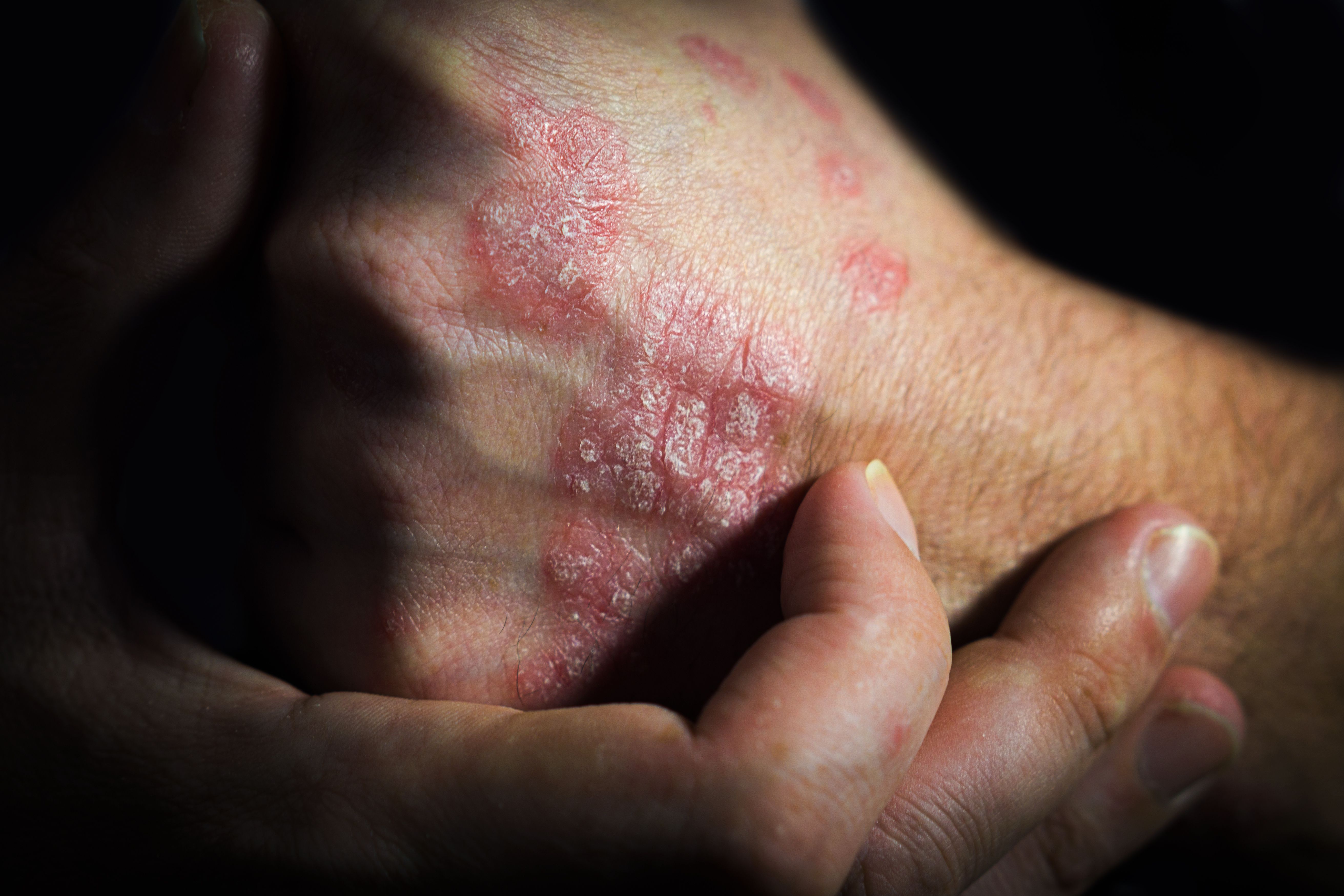- Acne
- Actinic Keratosis
- Aesthetics
- Alopecia
- Atopic Dermatitis
- Buy-and-Bill
- COVID-19
- Case-Based Roundtable
- Chronic Hand Eczema
- Chronic Spontaneous Urticaria
- Drug Watch
- Eczema
- General Dermatology
- Hidradenitis Suppurativa
- Melasma
- NP and PA
- Pediatric Dermatology
- Pigmentary Disorders
- Practice Management
- Precision Medicine and Biologics
- Prurigo Nodularis
- Psoriasis
- Psoriatic Arthritis
- Rare Disease
- Rosacea
- Skin Cancer
- Vitiligo
- Wound Care
Article
Precision Medicine Offers Hope for More Targeted Rash Diagnosis and Treatment
Author(s):
A new study highlights the ways genetic testing and profiling can be extended to help diagnose and treat a variety of conditions—even rashes.
New advances in medical research and technology are helping the field of precision medicine evolve in many ways. One new study highlights the ways genetic testing and profiling can be extended to help diagnose and treat a variety of conditions—even rashes.
For years, diagnosis and treatment of diseases like breast cancer have benefitted from precise genetic profiling. When the same science is applied to skin cells, the result could be a more definitive way to identify—and eventually treat—unusual rashes and skin conditions.
The study, published in Science Immunology, was led by a team at the University of California, San Francisco—the same institution that has pioneered an online diagnostic tool called RashX to help dermatology clinicians diagnose traditionally difficult-to-categorize skin rashes with the submission of genetic data from their difficult cases.
RashX uses the same technology outlined in the study. Raymond Cho, MD, PhD, a UCSF dermatologist and geneticist and co-author of the report says traditionally, skin rashes are diagnosed with visual inspection or even a biopsy. Newer technology borrowed in part from the molecular analysis of cancer cells examines the genetic profile of T cells embedded in the skin, he says.
Cho says he and the other researchers on the team found that there are particular molecular profiles that appear to match different skin rashes. Most of these changes are specific to T cells, a major player in a variety of inflammatory conditions.
Inflammatory conditions are behind the largest class of chronic skin diseases, the study notes, adding that single-cell RNA sequencing can help differentiate between these conditions. The study focused on conditions driven by T cell changes like atopic dermatitis, psoriasis vulgaris, lichen planus, and bullous pemphigoid.
While some of these rashes might have been difficult to classify by traditional methods, the research team was able to use genetic signatures to make a more exact diagnosis that was consistent with therapeutic responses. The goal is to integrate data on rash classification from genetic signatures into a visual diagnostic comparison tool for clinicians on RashX.
Although the technology to identify rashes by their genetic signatures is still evolving, Cho says the study showed promising results. In the future, he says there is a possibility that the same technology could be used to guide targeted treatments.
Currently, once a diagnosis is made through visualization or biopsy, Cho says treatment methods range based on classification of the range from mild to more severe, usually starting with topicals and advancing to other therapies. This genetic data, however, could open the door to a shortcut to the most effective treatments for different kinds of rashes.
“This really represents something between the biopsy and different drug trials. It gives you a more specific profile,” Cho says. “I think hopefully we’re evolving to a place where it’s not even a two-dimensional spectrum of mild to severe, but multidimensional. Right now, it’s about trying to identify a rash, but in the future, it might guide treatment.”
Reference:
- Liu Y, Wang H, Taylor M, et al. Classification of human chronic inflammatory skin disease based on single-cell immune profiling. Sci Immunol. 2022 Apr 15;7(70):eabl9165.
Newsletter
Like what you’re reading? Subscribe to Dermatology Times for weekly updates on therapies, innovations, and real-world practice tips.









